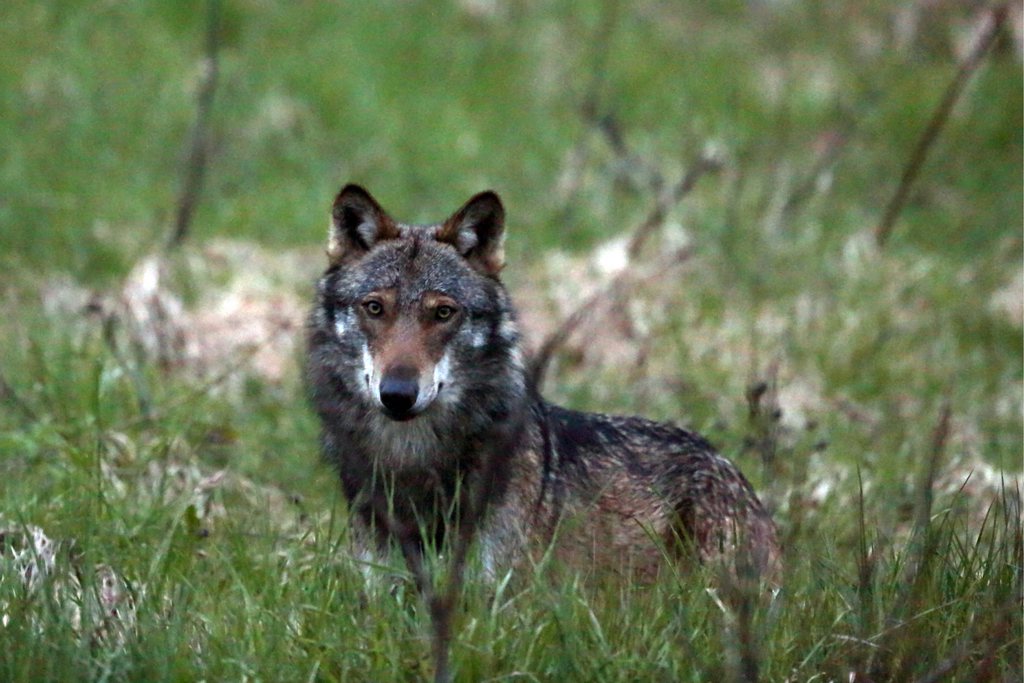Wolves to be shot if they threaten livestock

Wolves should be killed if they pose a threat to livestock, according to the Swiss parliament. This is a significant change to the current law, which allows for such killing only if a wolf has first caused damage.
The House of Representatives overwhelmingly approved the Senate’s measure on Thursday, sending the legislation to the cabinet to define just what constitutes a threat to livestock and to amend the hunting law accordingly.
Wolves are protected in Switzerland under the Bern Convention, an international treaty for conserving wildlife. Until now, wolves could only be shot if they caused significant damage to livestock, severely cut into the quotas of animals that can be taken by hunters or posed a substantial threat to people.
The new measure, despite making it easier for people to kill wolves that are seen as a nuisance, would let cantons set protection of the wolves as a first priority if it is justified to preserve biological diversity and the federal environment ministry consents.
Breeding pack
Parliament has held lengthy talks about the conditions under which wolves can be shot. The latest change in law comes on the heels of several incidents involving wolves that rattled people’s sense of safety.
In June, a young wolf was seen in the Zurich area, where it was run over by a train, and in October a wolf killed a sheep in a pen near some homes in Valais.
In recent times, Switzerland had no known wolves until the mid-1990s, when small numbers of the predators began appearing. Wolf numbers since then have increased – to an estimated 25-30 – with the help of a breeding pack.
A wolf pack settled in the Calanda region of canton Graubünden several years ago.

In compliance with the JTI standards
More: SWI swissinfo.ch certified by the Journalism Trust Initiative










You can find an overview of ongoing debates with our journalists here . Please join us!
If you want to start a conversation about a topic raised in this article or want to report factual errors, email us at english@swissinfo.ch.